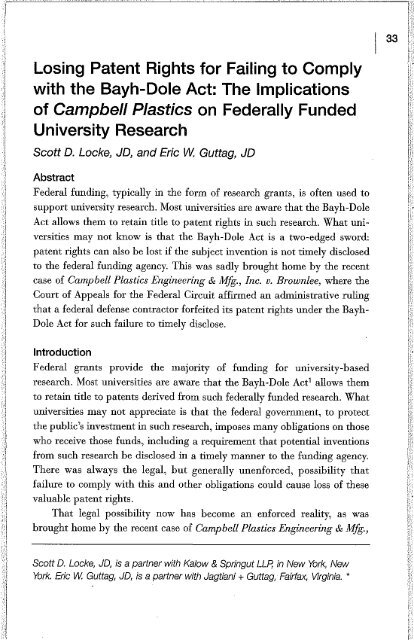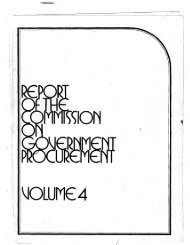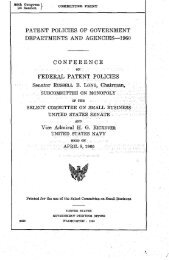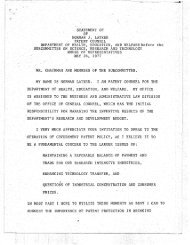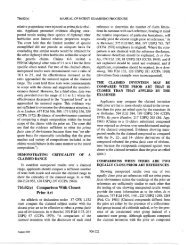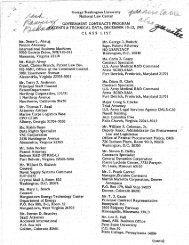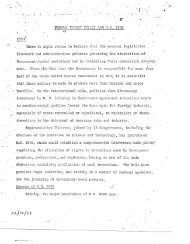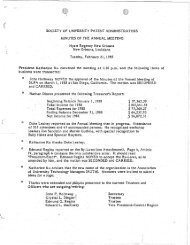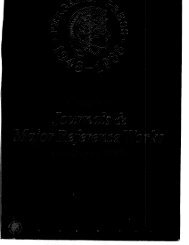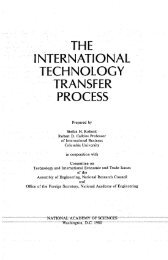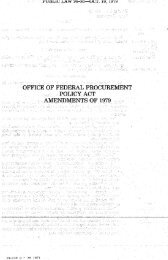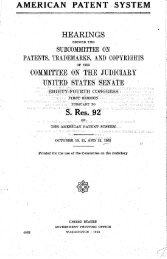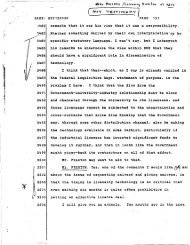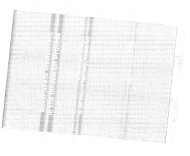~Iri,n - Bayhdolecentral
~Iri,n - Bayhdolecentral
~Iri,n - Bayhdolecentral
You also want an ePaper? Increase the reach of your titles
YUMPU automatically turns print PDFs into web optimized ePapers that Google loves.
Losing Patent Rights for Failing to Comply<br />
with the Bayh-Dole Act: The Implications<br />
of Campbell Plastics on Federally Funded<br />
University Research<br />
Scott D. Locke, JD, and Eric W Guttag, JD<br />
Abstract<br />
Federal funding, typically in the form of research grants, is often used to<br />
support university research. Most universities are aware that the Bayh-Dole<br />
Act allows them to retain title to patent rights in such research. What uni<br />
versities may not know is that the Bayh-Dole Act is a two-edged sword:<br />
patent rights can also be lost if the subject invention is not timely disclosed<br />
to the federal funding agency. This was sadly brought home by the recent<br />
case of Campbell Plastics Engineering & Mfg., Inc. v. Brownlee, where the<br />
Court of Appeals for the Federal Circuit affirmed an administrative ruling<br />
that a federal defense contractor forfeited its patent rights under the Bayh<br />
Dole Act for such failure to timely disclose.<br />
Introduction<br />
Federal grants provide the majority of funding for university-based<br />
research. Most universities are aware that the Bayh-Dole Act! allows them<br />
to retain title to pateuts derived from such federally funded research. What<br />
universities may not appreciate is that the federal government, to protect<br />
the public's investment in such research, imposes many obligations on those<br />
who receive those funds, including a requirement that potential inventions<br />
from such research be disclosed in a timely manner to the funding agency.<br />
There was always the legal, but generally unenforced, possibility that<br />
failure to comply with this aud other obligatious could cause loss of these<br />
valuable pateut rights.<br />
That legal possibility now has become an euforced reality, as was<br />
brought home by the recent case of Campbell Plastics Engineering & Mfg.,<br />
Scott D. Locke, JD, is a partner with Kalow & Springut LLp, in New York, New<br />
York. Eric W. Guttag, JD, is a partner with Jagtiani + Guttag, Fairfax, Virginia. '<br />
I 33


